Daily Inspiration
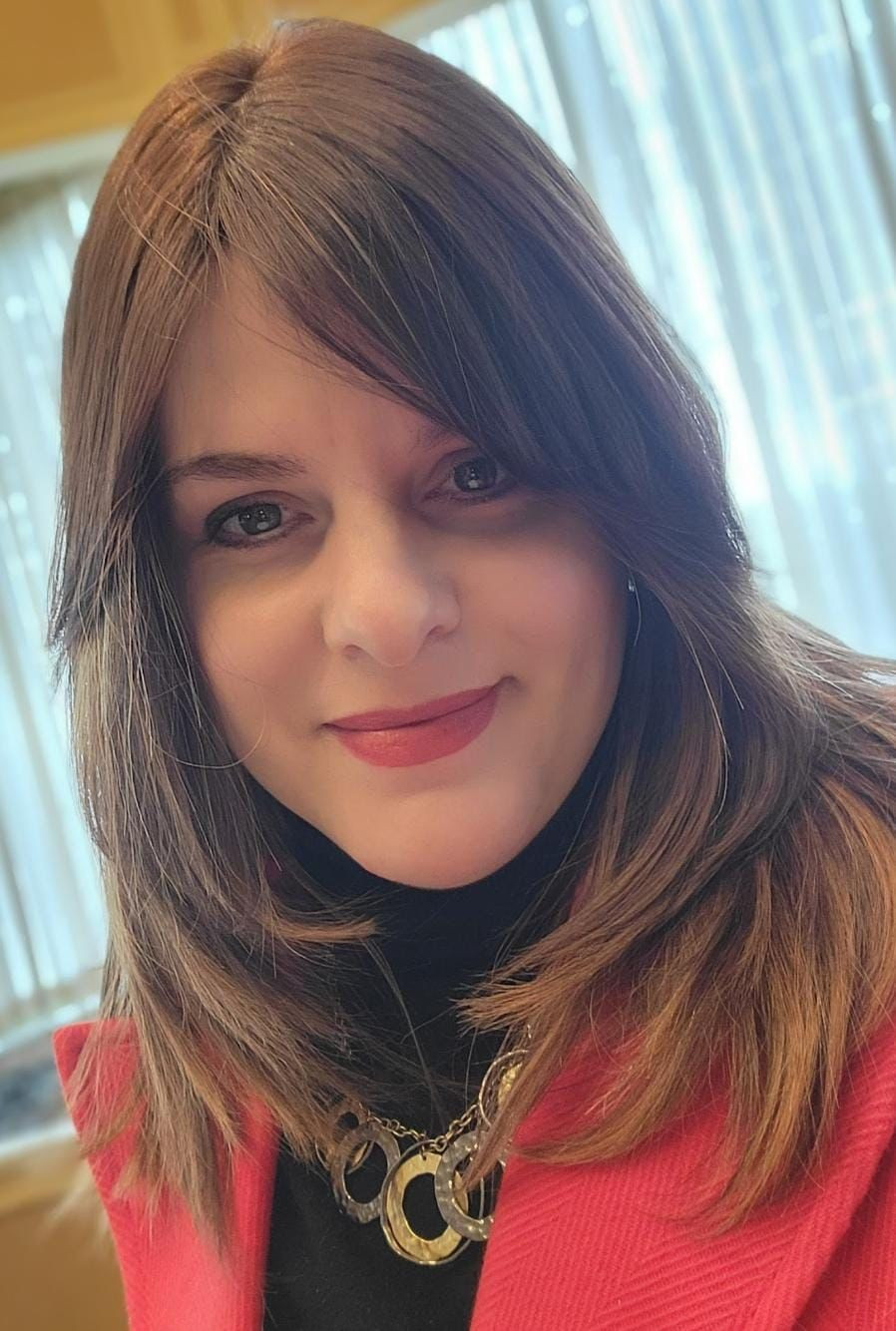
Finding The One
A word from the desk of Chana Perman, Toronto, Canada
He's a mover and shaker
At the top of his game
Can you find out if she's ready
but don't mention my name
What's the matter with a yellow tee?
Yes, I realize it's not done in your family
She's sweet, refined
Though I don't know her at all
My sister-in-law worked with her
So that's who you can call
She happens to have a brilliant mind
Yet actually doesn't want to marry Einstein
I believe I've seen him wearing pink socks
Don't you appreciate out of the box?
He's too quiet
She's too loud
He stands out - in a good way -
From the regular crowd
She plans to live near her parents
Nothing wrong with that
He wears a kasket - no Borsalino hat
He said he enjoyed the second date
She thinks he's amazing and really great
He needs time to think
She wasn't quite sure
Tell me, tell me
Did you hear any more?
She says he's the one
He is over the moon
Stay tuned for good news
Happening soon!
Dear G-d you can hear
Your children discussing
Potential matches
With all that fussing
May You grant us wisdom and clarity
The ability to discern and properly see
May the journey be with joy
May the path be clear
Free of sadness, worry, despair
May the thorns be few
May the roses be many
We pray for simchas
May there be plenty
Let the heartfelt tefilos offered
at hafrashas Challah
Lead to many chasanim and kallahs
Mazal tov, mazal tov
(I wish in advance)
Very soon to the chupah may you happily dance!
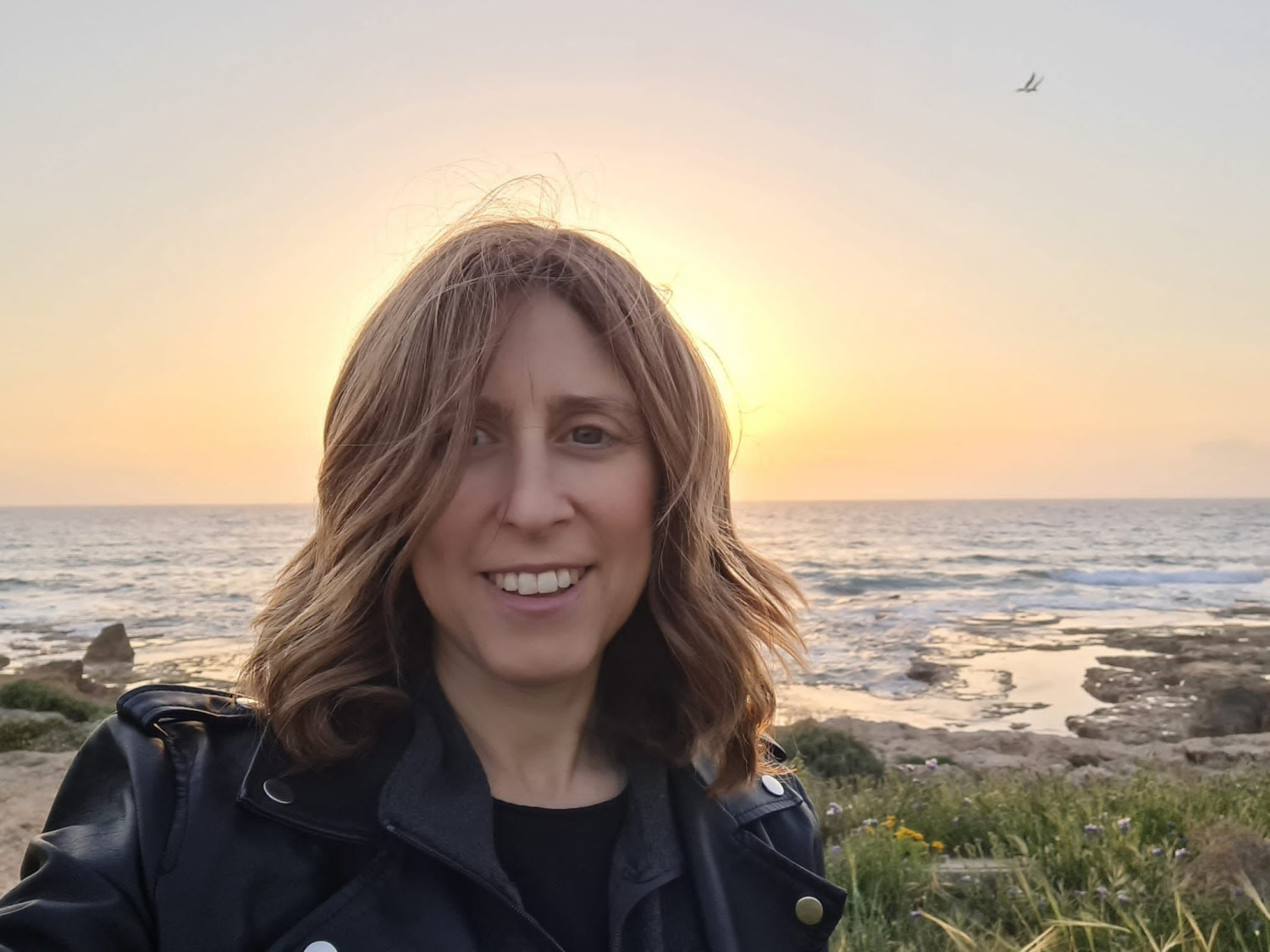
BRINGING HEAVEN DOWN TO EARTH
A word from the desk of Nechama Caplan, Tzvas, Israel
We mix some flour and water, adding oil, eggs, yeast, honey and salt, let it rise and then recite a blessing, taking off a piece of dough, called challah. It's quite astounding that those seven simple ingredients mixed together and sprinkled with a blessing has the capacity to draw down the Infinite right into our dough-filled hand!
When we think about the nature of G-d and spirituality, we certainly don't connect that lofty concept to a lump of dough. Really, the very idea seems kind of mundane. Wouldn't it make more sense to meditate, disconnecting from our physical body in the quest to find spiritual completion? From our human perspective, perhaps. But the Torah, which serves as the Divine blueprint for Creation, approaches it very differently.
The most exalted light is to be found in the lowliest of place – when we reveal G-d there. And that's where the idea of a mitzvah comes into play. It represents the set of coordinates that G-d gave us to bring Heaven down to Earth. We don't need to go anywhere special – we aren’t obligated to float off into a meditative trance. We just follow the simple directions laid out for us in the Torah and hold the Infinite in our hands. This is what makes Judaism so unique. It's not the yearning for spirituality that takes us out of the physical realm, it's through the physical realm that we reach this higher state of connection with G-d.
So even though we are each just one person, maybe even struggling with feelings of low self-worth, we are much more powerful than we can even imagine. The Talmud teaches,
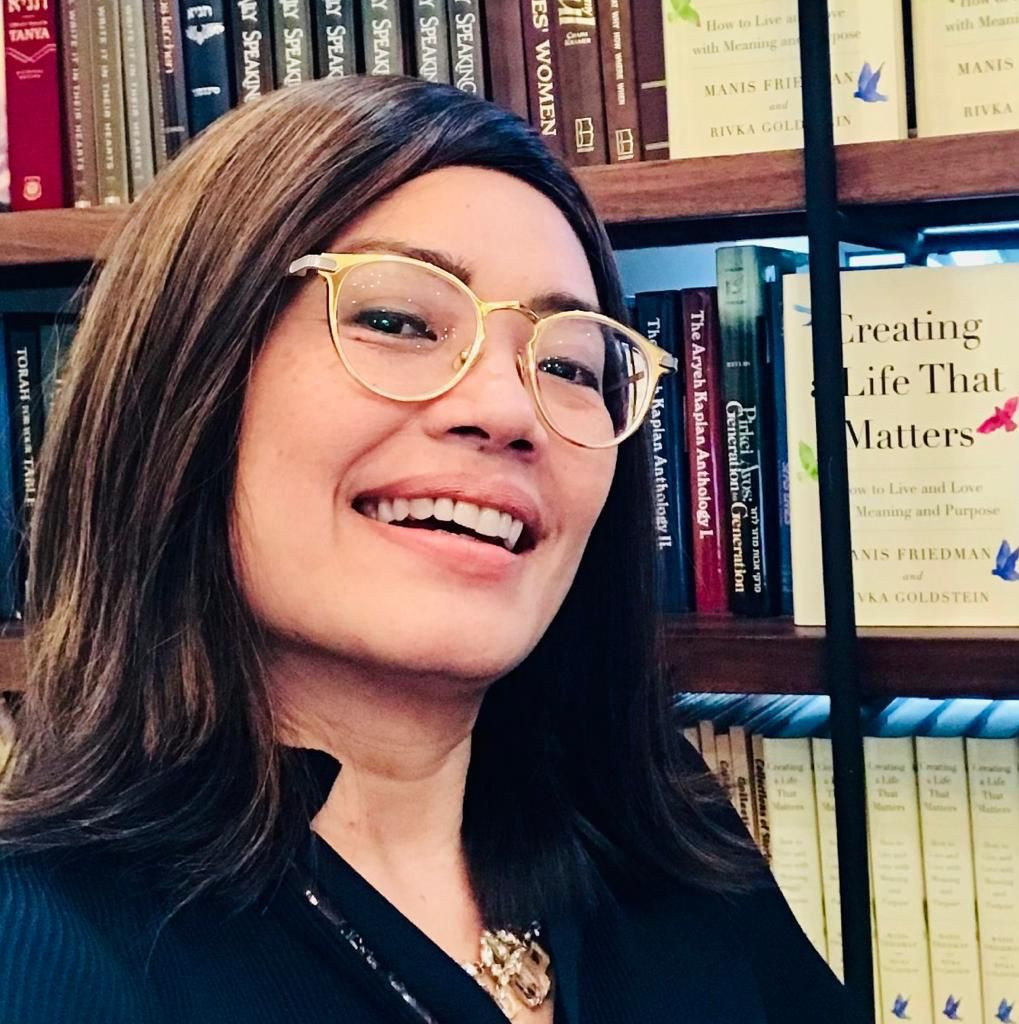
THE JUNGLE OF DATING
A word from the desk of Rivka Goldstein, Florida, USA
It takes unwavering faith and a firm conviction that G-d is in control to overcome the shidduchim crisis.
After graduate school, I found myself in a foreign land for no particular reason, except a nudging feeling that I was intended to relocate there. Two years later, at age 31, I met my husband the week after he finalized his divorce.
Incredibly, I'd landed in this place the exact day that my husband began his divorce procedure. It became clear to me why I hung in there, despite the constant angst. Boruch Hashem we began our ba’al teshuva journey together.
A similar situation occurred with a man I coach, who had for years struggled with shidduchim. He’d always had a strange hunch that he was to become a father at the chuppah, as he did at age 39, when he married a widow with a child.
Some things in life defy logic, we need simply to trust and surrender to G-d. It may be that you’re ready and all you’re doing is waiting for your bashert to catch up!
Today, twenty years later, it’s easy to see hashgacha pratis in my life, but it was near impossible back then. It turns out, G-d has a plan and has been in charge all along. So too for us all – there is a Divine plan…and our task is to have faith and stay the course until those plans come to fruition.
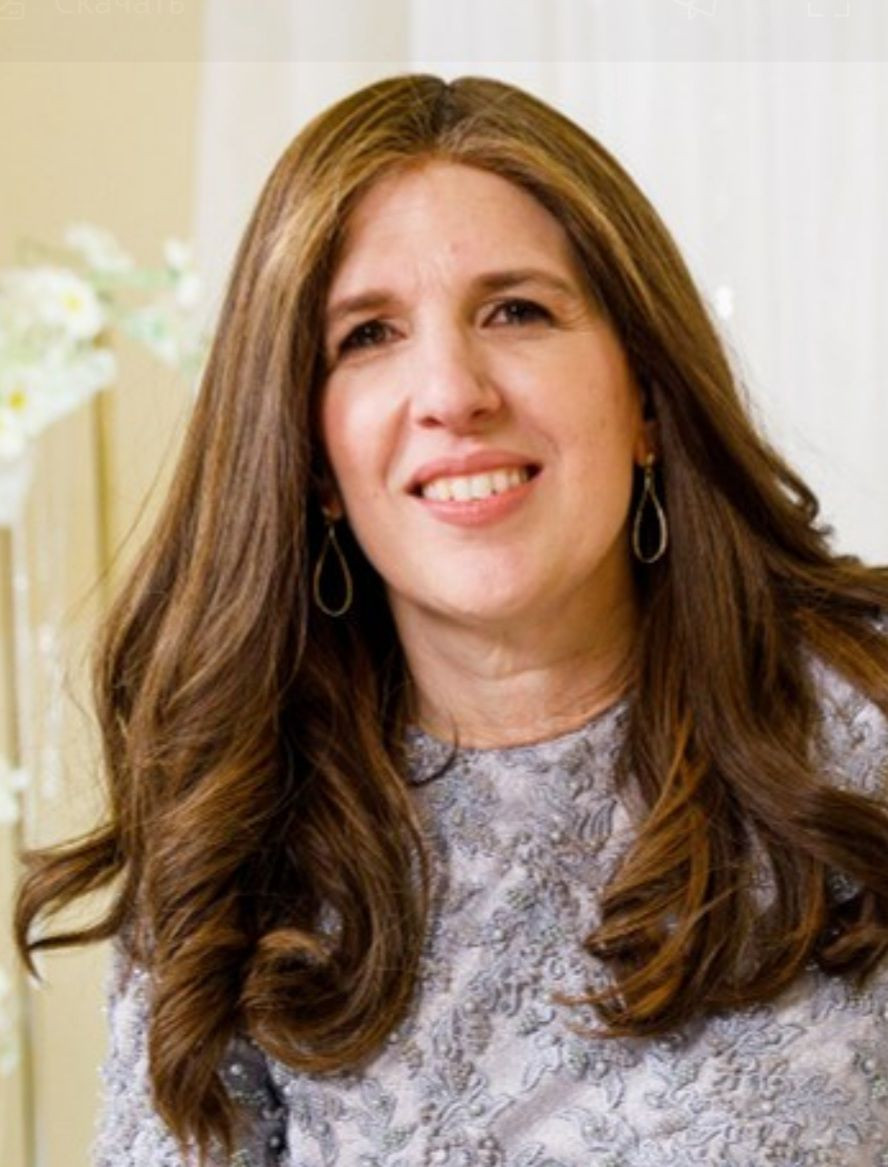
POWERS GREATER THAN BULLETS AND BOMBS
A word from the desk of Miriam Moskovitz, Kharkov, Ukraine
Friday, February 25th 2022, Kharkov Ukraine. Making challah in my kitchen on Chubara Street a day after war broke out seems surreal. The same recipe, the dough rising but the background sounds of bombs and artillery make the moment so much more poignant and the need to pray more urgent. It was to be an unforgettable Shabbat with our community and city under attack. The prayers in the synagogue as we blessed the upcoming month of Adar – a month of joy – the songs and dancing at the Shabbat meal… all just a few miles away from where tanks stood at the entrance to the city. Singing “Hinei Mah Tov Umanayim” (How pleasant to be together), we felt the power of our unity. My challot were finished quickly that week…but who knows when I would be baking them again in my kitchen on Chubara Street. The power of challah.
A week of intensive bombing and attacks had hit just a few doors from our home, our school and throughout our city. With no choice, we grabbed a few bags and suitcases and fled with our children and grandchildren in a van towards safety. As we left the city and saw the destruction and shelling, we started to say Tefilat Haderech the prayer for a safe journey and added in tears “Ve’tachazireinu Le’shalom” (May we return in peace). The power of prayer.
Friday evening, Chisinau Moldova Joined by over one hundred refugees, we light Shabbat candles and pray for all those in Kharkov and all those attempting to escape. After Kiddush my husband starts to dance “Vesomachto Bechagecha” (And you should rejoice in your festivals). A bewildered journalist goes over to him to ask: “What festival are you celebrating here? Escaping from a war-zone to the unknown…what's to celebrate?” My husband replied with the story of a Rebbe’s son who wanted a candy and recited a bracha so that his father had no choice but to give him the candy so that his blessing would not be in vain. So too, my husband explained, we are celebrating and dancing so that G-d has to give us something to celebrate! The power of joy
Summer Kharkov, 2022 Five months into the war, Masha gave birth to a baby boy in Kharkov and contacted my husband to make sure that he would have his brit mila on the 8th day no matter what. And the near impossible happened. A mohel flew from Israel and traveled 20 hours by van to Kharkov and little Moshe had his brit mila on time – despite the daily bombing and attacks on the city. Masha had continued the chain from Avraham Avinu, and a new boy had joined the Kharkov Jewish Community and Am Yisrael. The power of the Jewish Woman
We have so much to be grateful for and so much to pray for as we take challah this week. Let’s take a moment to add a prayer for all those who have lost so much in this war and that this Shabbat we should all experience the final Redemption in Yerushalayim with Moshiach now!
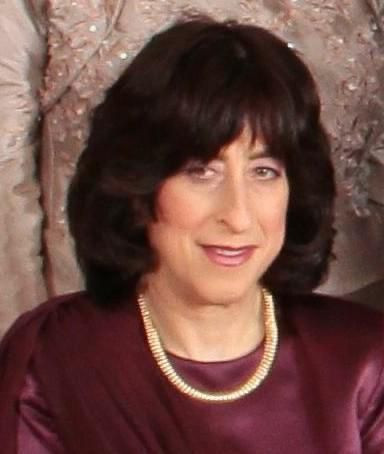
BREAD!
A word from the desk of Mina Esther Gordon, Melbourne, Australia
Throughout many parts of the world, for thousands of years bread has been the “staff of life”, the foundation of each meal, filling and satisfying those who consumed it. The Torah, which instructs us how to bring heaven and earth together touches upon every aspect of life, including baking bread. We are commanded to set aside a small amount of dough for the Kohen, thereby acknowledging that although there are great differences between people (Kohen, Levi, Yisroel), all are equally obligated to serve Hashem with their unique abilities and circumstances. Contrary to the statement in the Declaration of Independence, all men are not created equal, although all are due equal rights. It is not a matter of snobbishness or favoritism, rather, a matter of diversity and uniqueness. Each person has a different task to fulfill, all for the same goal.
How then are separate individuals able to unite in doing their disparate tasks?
One gains insight into this challenge by returning to the process of making challah. Just as the separate bits of flour come together to make one unified dough when water is added, so too we individuals can bond together as one entity to serve Hashem when we add the Heavenly waters of Torah. Thus our sages declare that just as water sustains us physically, Torah sustains and nourishes us spiritually – allowing us to fulfil our destiny with a sense of purpose and unity.
Source
Based on the Kehos Chumash Bamidbar p.94-96
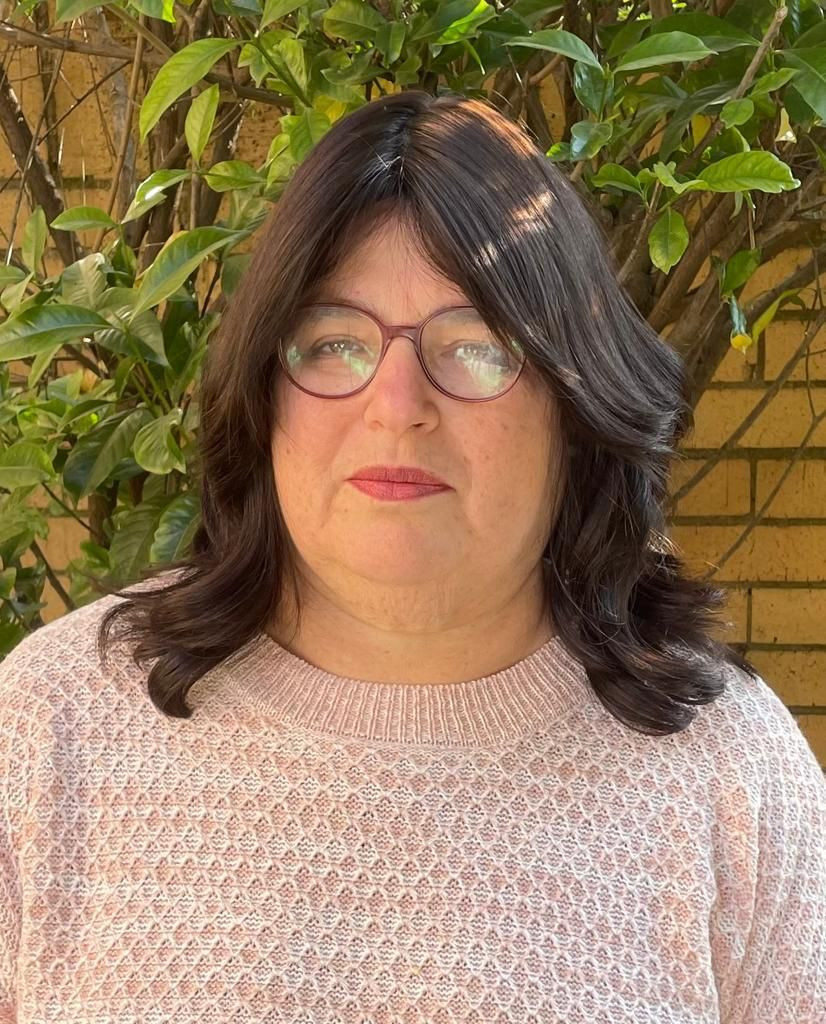
HAKAROS HATOV – ACKNOWLEDGING KINDNESS
A word from the desk of Rivky Chaikin, Johannesburg, South Africa
A few months ago we had the great zechus (privilege) to experience a family reunion, with our children meeting together from all parts of the world to spend a very special Shabbos together in Upstate New York. As I opened my eyes that Shabbos morning, the chorus “Hapa’am odeh es Hashem” (this time I will praise G-d) popped into my head and repeated itself throughout the day.
Leah, the less favoured of Yaakov’s wives, exclaimed these words on naming her third son, Yehuda. Though having Yehuda still did not turn her into the favorite spouse, she nonetheless expresses her deep gratitude to the Aibershter for the brochos she was granted.
Gratitude is a difficult and unnatural attribute. We tend to minimize the good that others do for us. The smaller their kindness the less indebted we feel. It is also instinctive to concentrate on what we do not have, rather than acknowledge the many brochos we are granted.
Hakoras Hatov (gratitude) is one of our most necessary avodos(service) to survive this golus (exile). This is why we are called Yehudim. We do not all stem from Shevet Yehuda but we all need to work on the midah of “Odeh es Hashem” (praising G-d) Thus we begin every day with the words “Modeh Ani” (I give thanks) to remind us of this imperative.
As we daven and beg Hashem to provide good shiduchim for our children, we must never forget to also thank Him for the many brochos that have already been bestowed upon us. Recognition and appreciation for those brochos will serve as a catalyst for being gifted new ones, not least the zechus to walk our children to the Chupah.
Source:
Bereishis rabba 98,
Medrash tehillim kapital 23.
Other meforshim included
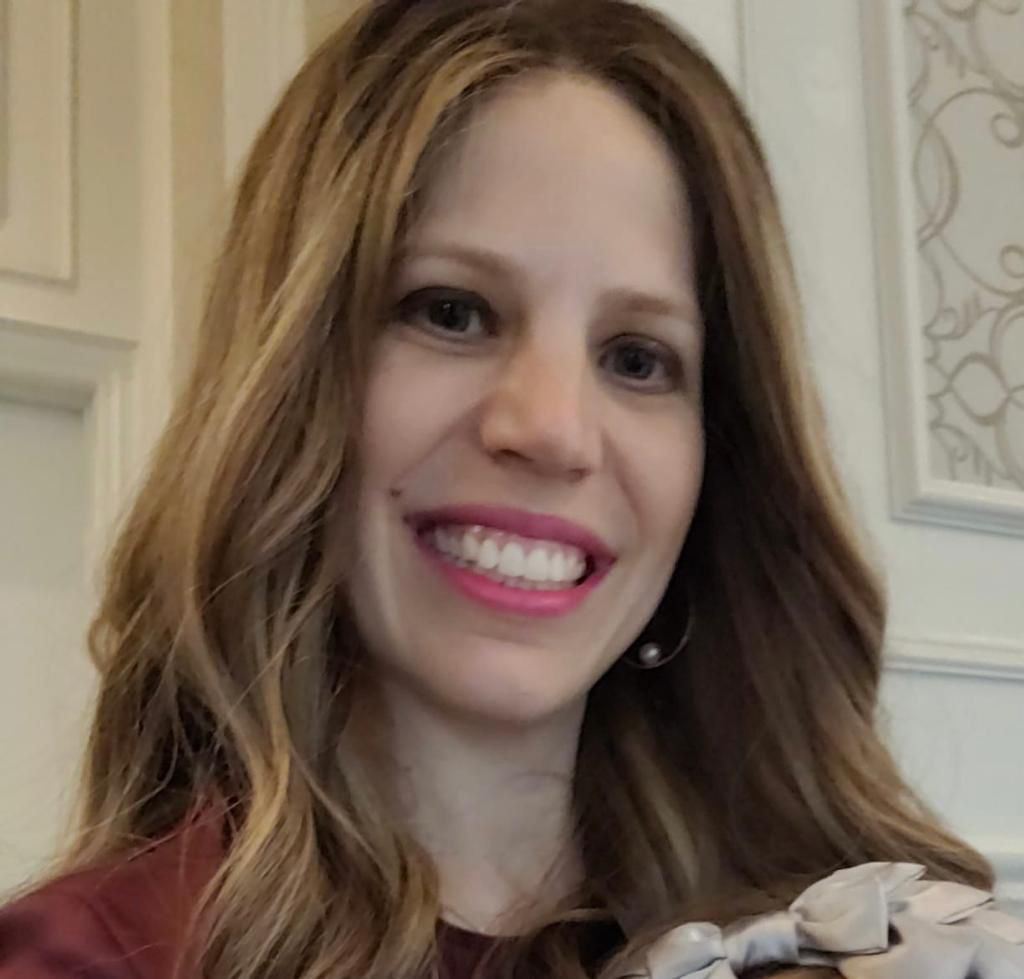
WHAT’S IN A NAME
A word from the desk of Sara Lowenthal, Toronto, Canada
My name has an unusual spelling on my birth certificate: S-O-R-A-H. My parents pronounce my name as Sara, as do my family and friends, and when I went to school, I wrote my name out as S-A-R-A on all my school work.
I ran into trouble as I got older and things became more official in my life. Marriage certificate, birth certificates of my children, undergraduate and graduate studies…I never imagined how the spelling of my name could turn into such a headache! My acceptance into my graduate studies program was delayed until I could prove to them my ‘real identity’. Names, I have learned, are a big deal. We need to be deliberate and careful when spelling our names, and pay attention to the spelling of others.
Geulah (redemption) is one such example. Geulah is almost the same name as Golah (exile), except that Geulah has an Aleph. This Aleph encapsulates the difference between exile and redemption, and even hints to how we can bring about Geulah. Aleph is the numerical value of Echad (one), and Alufo Shel Olam (Master of the world). Alef represents the task of bringing Hashem(G-d) down into our dark, physical world and revealing Hashem in the most unlikely of places.
I think about the Aleph in Geulah a lot. The Aleph is what changes Goleh to Geulah and that small Aleph reminds me that names are, indeed, significant. That small Aleph prompts me to be more aware of Hashem in my life, and encourages me to put Hashem at the centre of what I do. To me, the name Geulah is a nudge; a nudge to bring down an Aleph infusion. And this mindfulness of the G-dly context (that should inform all of our thoughts and actions) brings us closer to our Divine source and the ultimate redemption closer to our world.
Source:
Talk by the Lubavitcher Rebbe, December 13, 1984
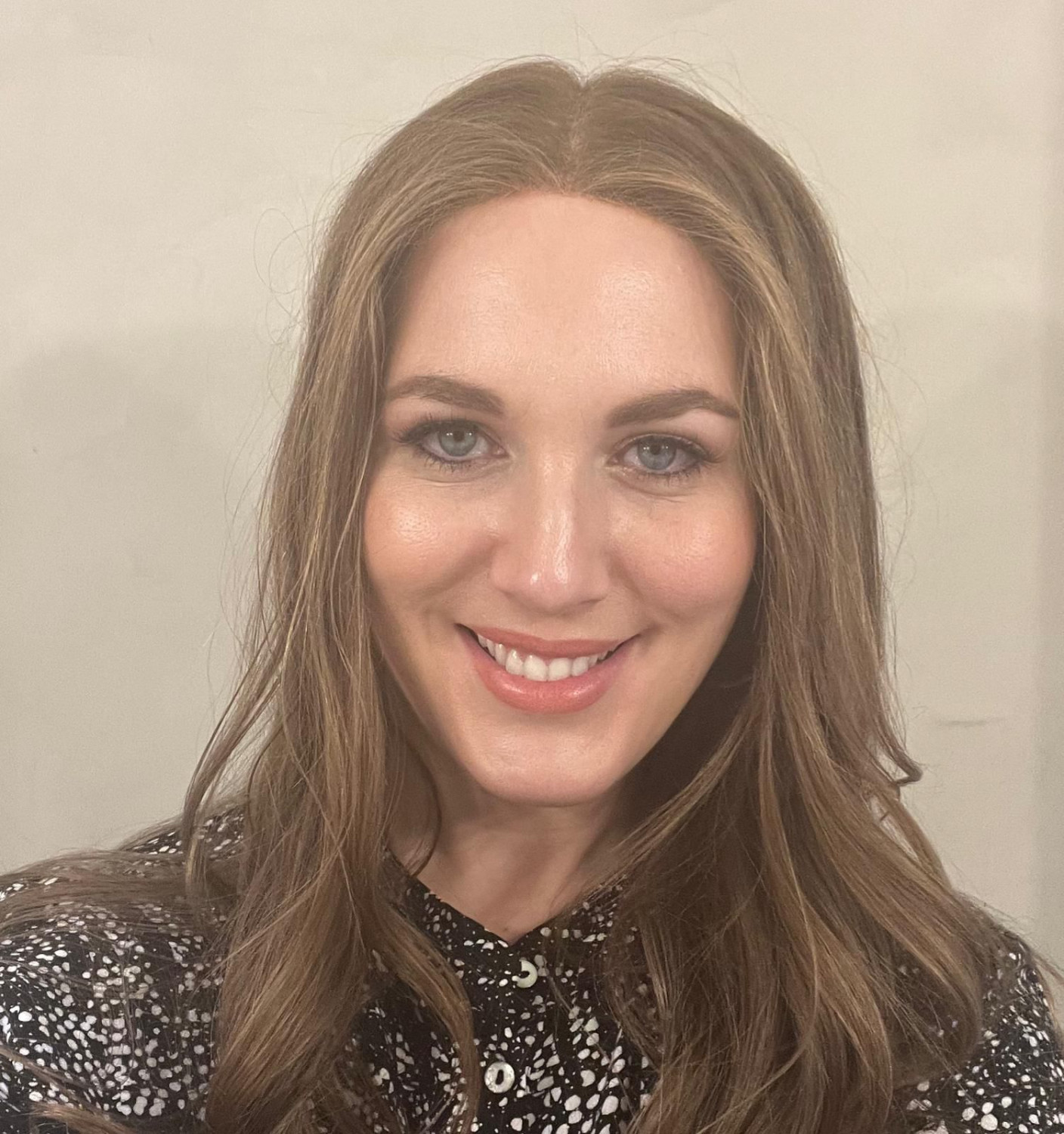
THE ULTIMATE FUSION
A word from the desk of Devorah Leah Weisz, London, UK
The source for the mitzvah of taking Challah is found in a curious place – Parshas Shelach. Following the episode with the Spies, who returned from scouting out Eretz Yisrael with a negative report, the parsha outlines the obligation for the Jews to donate a portion of their dough to G-d. What’s the connection?
The Spies struggled with a legitimate and lofty fear – that entering the Land would require a massive shift in their holy lifestyle. No longer would their physical needs be miraculously taken care of – Manna falling from heaven, water flowing from the Well of Miriam, Clouds of Glory washing their clothes. They would need to work the land, to plow, sow and reap, and their lives would be overtaken by the physical realities demanded there, with no time for Torah learning and spiritual service.
Although this approach may seem noble, they were admonished for their lack of faith in the mission of entering and settling the Land. For this is G-d’s deepest desire – He created a physical world precisely for the goal of elevating the material to reveal its G-dly essence. He concealed His light and charged us with the mission of transforming the world into a home for the Divine.
Challah’s message is to find G-d everywhere, even in the most basic of physical activities like baking bread. We have the responsibility and privilege of infusing our daily actions with meaning and G-dliness. Our work does not impede our spiritual service, it IS our service. We should not ‘stay in the desert,’ retreating from society and pursuing a transcendent life on a far-off mountaintop. G-d wants us HERE fulfilling our purpose. Thus, Challah is the antidote to the flawed understanding of the Spies. We bake and we find G-d in our dough; we live in this earthly existence and uplift our every-day experiences into a heavenly paradigm, as we knead our way through life.
Source:
Likutei Torah Parshas Shelach
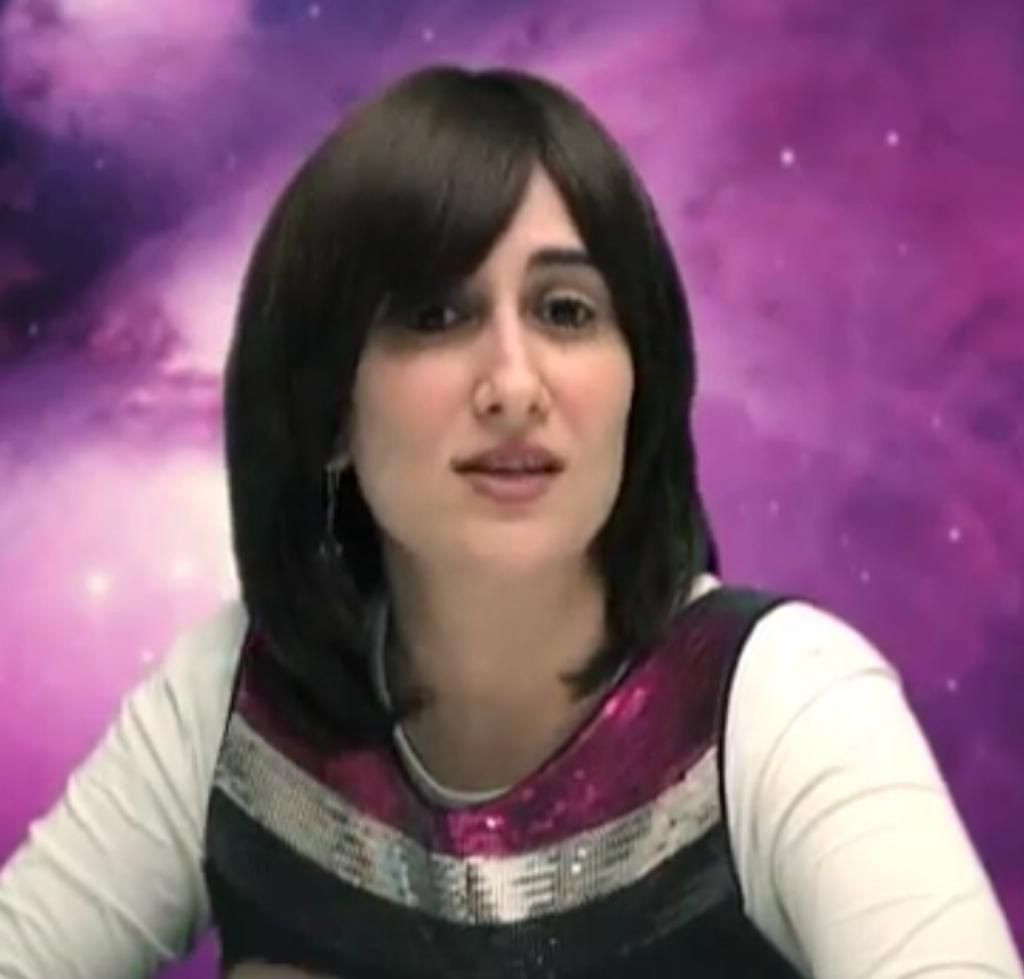
ETZ CHAIM HEE LAMACHAZIKIM BA-IT IS A TREE OF LIFE FOR THOSE WHO HOLD FAST TO IT
A word from the desk of Goldie Slavin, Caracas, Venezuela
Immediately following the miraculous parting of the Red Sea, when the Jews reached “Mara”, the Torah states: ”they could not drink the waters of Mara because they were bitter”. In the plain sense it means the waters were bitter, but homiletically it refers to the people. They were so embittered, that the water tasted bitter to them.
Much of what happens to us is shaped by how we perceive it. It’s not always about what’s on the table, but rather what we bring to the table.
Subsequently once Moshe threw the tree into the water, the waters became sweet.
Every moment of our lives, whether bitter or sweet, we have the tree of life to hold on to. The tree refers to the Torah, which gives us guidance, strength and purpose. Unlike other creations, the tree is always connected to its source, weathers all climates and continuously grows.
Let’s stay connected to our source, and we will feel the sweetness and purpose of life – with resilience, pride and faith. And with that bond, perhaps then we can face whatever challenge comes our way more sweetly!
Source:
Shmos: 15:23
Proverbs: 3:18
Living Each Week by Rabbi Twersky (quoting the Baal Shemtov)
- 1